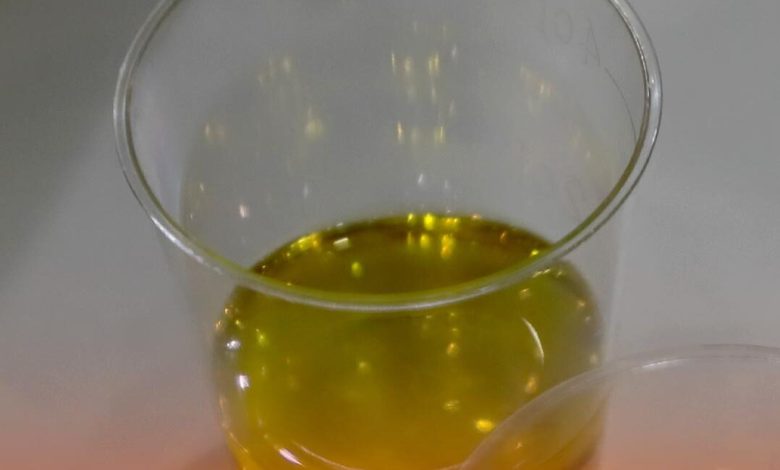
Woman Took a Shot of Olive Oil Every Day for a Week — What Happened to Her Body Might Surprise You
It started as a social media craze: a tiny morning shot of olive oil, promising glowing skin, boosted energy, and perfect digestion. Curious to separate fact from hype, dietitian Lauren Manaker decided to try it herself. For a week, she drank a small shot of extra virgin olive oil every morning and tracked her body’s response. She wasn’t chasing miracles—just real results.
The first hurdle? The taste. Thick, pungent, and far from pleasant, Lauren quickly realized drinking it straight wasn’t sustainable. She experimented, stirring it into coffee, drizzling it over popcorn, or adding it to roasted veggies. Small tweaks made the habit easier, and by week’s end, she felt comfortable keeping olive oil as part of her daily routine.
But did it live up to the hype? Not exactly. Her skin didn’t suddenly glow, energy levels stayed steady, and there was no dramatic digestive “detox” effect. The viral promises? Mostly myth.
Still, Lauren knew health benefits aren’t always visible. Olive oil is packed with antioxidants, vitamin E, and healthy fats that quietly support the body. “You don’t feel your body fighting inflammation or lowering bad cholesterol,” she explained, “but that doesn’t mean it’s not happening.”
Science backs this up: regular olive oil intake can help reduce heart disease risk, lower LDL (bad) cholesterol, and provide anti-inflammatory effects similar to mild pain relievers. The healthy fats may even support brain function and protect against cognitive decline over time.
By the end of her experiment, Lauren wasn’t glowing from overnight results—but she was glowing with knowledge. Her key takeaway? Consistency beats quick fixes. Olive oil works best as part of a balanced diet, not as a single daily shot. Her advice: “You don’t need to drink it straight to get the benefits. Just use it generously in your meals.”
The lesson is clear: sometimes it’s the quiet, everyday habits—not the viral trends—that truly nurture long-term health.




